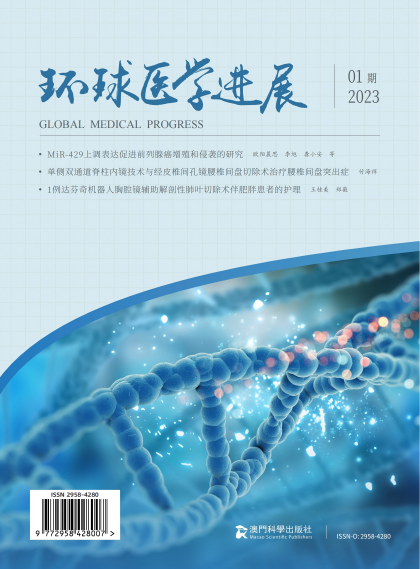摘 要:
目的:探讨肺癌术后患者对精神的需求现状及其影响因素,为进一步改善肺癌术后患者心理健康状态提供参考依据。方法:采用问卷调查方法分析肺癌患者术后对精神的需求。结果:肺癌术后患者精神需求总分(35.59±8.16)分,高于癌症患者常模评分(32.10±7.68)分(P<0.05),处于中等以上水平。未婚或离异、丧偶患者及无手术史的患者,精神需求更高(P<0.05);肺癌术后患者家庭关怀度与精神需求的相关性为负相关(r=0.019-0.214,P<0.05)。结论:肺癌术后患者对精神的需求较高,护理人员应重视患者的精神照护,积极对患者及家属进行健康引导,努力提升家庭关怀度,使患者发现生命的意义和价值,更加积极努力的去面对癌症,改善患者的生活质量。
关键字:肺癌患者;术后;精神需求;影响因素
Abstract:
Objective: To investigate the status quo and influencing factors of mental demand of patients after lung cancer surgery, and to provide reference for further improving the mental health status of patients after lung cancer surgery. Methods: Questionnaire was used to analyze the mental demand of patients with lung cancer after operation. Results: The total score of mental need in patients with lung cancer after surgery was 35.59±8.16, higher than the norm score of cancer patients (32.10±7.68) (P < 0.05), which was above the medium level. Patients who were unmarried, divorced, widowed and had no history of surgery had higher spiritual needs (P < 0.05). There was a negative correlation between the degree of family care and mental needs of patients after lung cancer surgery (r=0.019-0.214,P < 0.05). Conclusion: Patients with lung cancer after surgery have a high demand for spiritual care. Nursing staff should attach importance to patients' spiritual care, actively provide healthy guidance to patients and their families, and strive to improve the degree of family care, so that patients can find the meaning and value of life, and make more efforts to face cancer and improve the quality of life of patients.
Keywords: Lung cancer patients; Postoperative; Spiritual needs; Influencing factor
--
